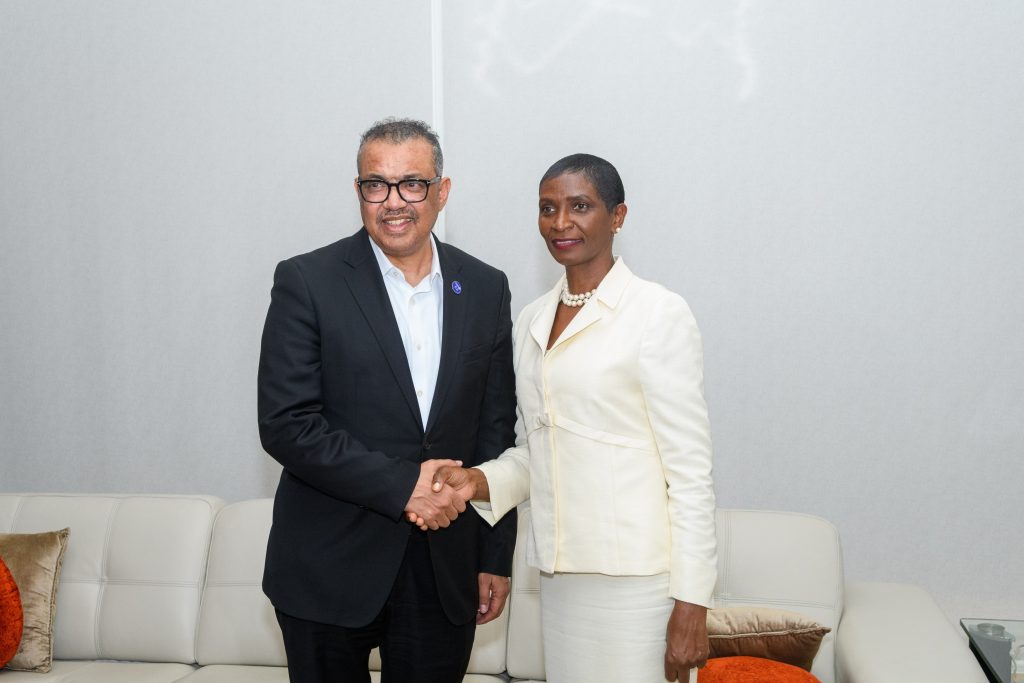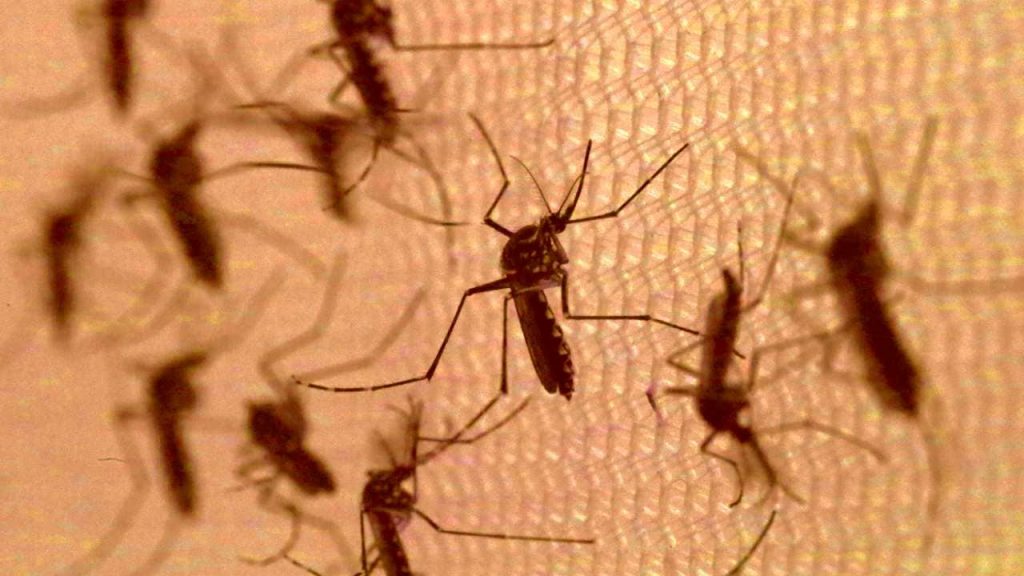
Cape Verde, a sub-Saharan African nation, has achieved the significant milestone of being declared malaria-free by the World Health Organization (WHO) – the first time in 50 years.
The WHO granted this status as Cape Verde has not reported any cases of local transmission for three consecutive years, marking a major accomplishment in the fight against the deadly disease.
Malaria remains a substantial threat in Africa, claiming 95% of global fatalities in 2022, with 580,000 lives lost.
The disease, caused by a mosquito-borne parasite, has been historically challenging to combat. While vaccines are now in use, effective monitoring and prevention of mosquito bites remain crucial in the battle against malaria.
Cape Verde, an island nation off West Africa, invested years in strengthening its healthcare systems, enhancing diagnosis and treatment accessibility, and implementing robust mosquito control measures.
The country’s strategy also included providing free care and diagnostic services to international travelers and migrants to prevent the importation of cases from mainland Africa.
Dr. Filomena Gonçalves, Cape Verde’s Health Minister, expressed gratitude for the collective efforts that led to this success, emphasizing the dedication of health professionals, collaborators, communities, and international partners.
Dr. Dorothy Achu Fosah of the WHO Africa office applauded the achievement, highlighting the importance of collective commitment to public health.

Cape Verde’s accomplishment serves as a notable example for other smaller African nations, demonstrating that containment and elimination strategies can effectively combat malaria.
Once prevalent on all nine inhabited islands, recent concentrated efforts focused on the island of Sáo Tiago, where the disease persisted.
The country’s archipelagic nature played a crucial role in its success, allowing for easier mapping of affected areas and transmission patterns.
In contrast, larger nations with highly mobile populations, such as Nigeria, Tanzania, and the Democratic Republic of Congo, face greater challenges in eradicating the disease due to frequent border crossings.
WHO Director General Dr. Tedros Adhanom Ghebreyesus expressed hope, stating that Cape Verde’s success provides optimism for a malaria-free world with existing tools and new interventions, including vaccines.
The last sub-Saharan African nation to achieve malaria-free status was Mauritius in 1973, with Algeria in North Africa achieving this milestone in 2019.
Source-BBC





